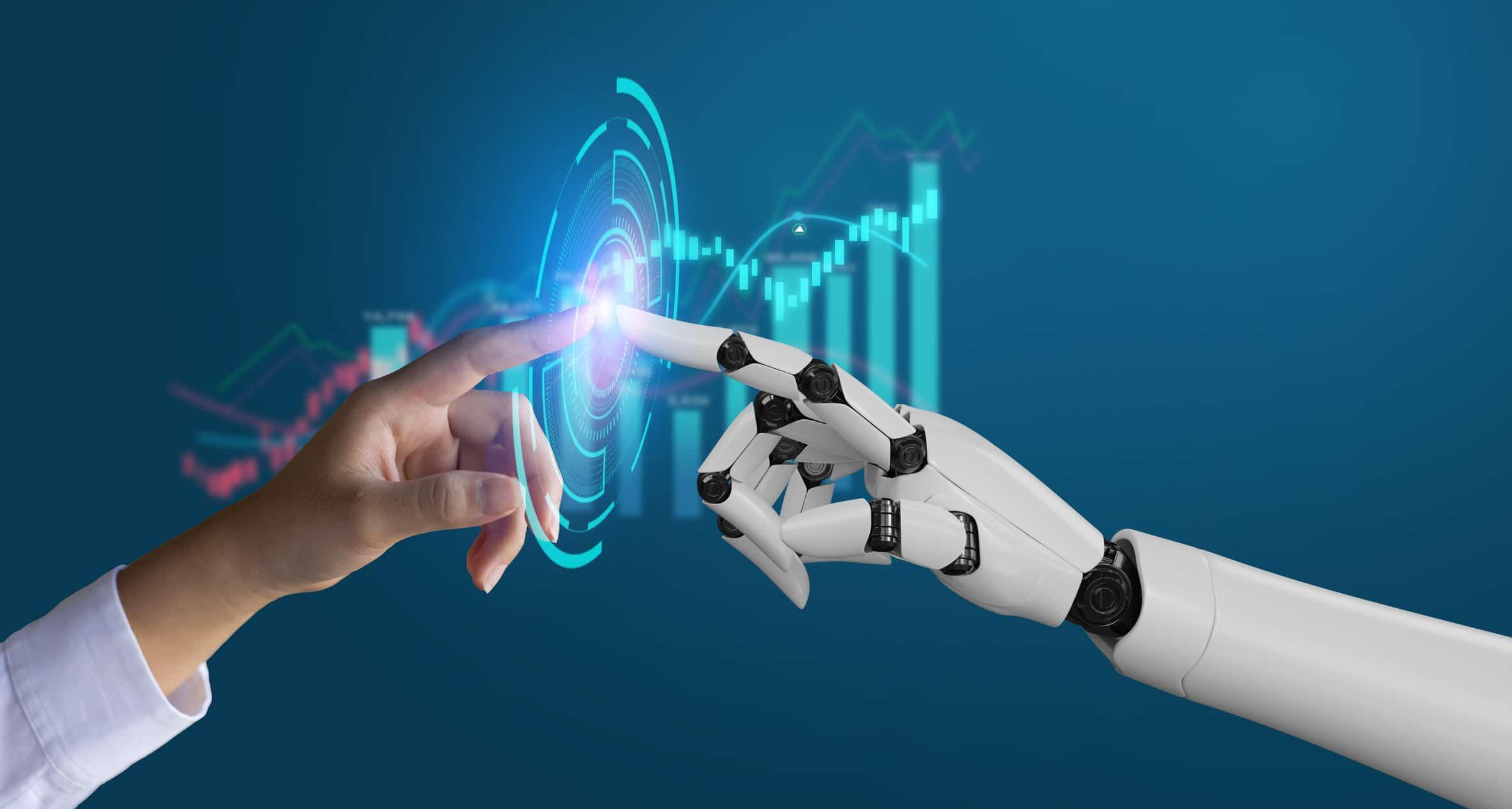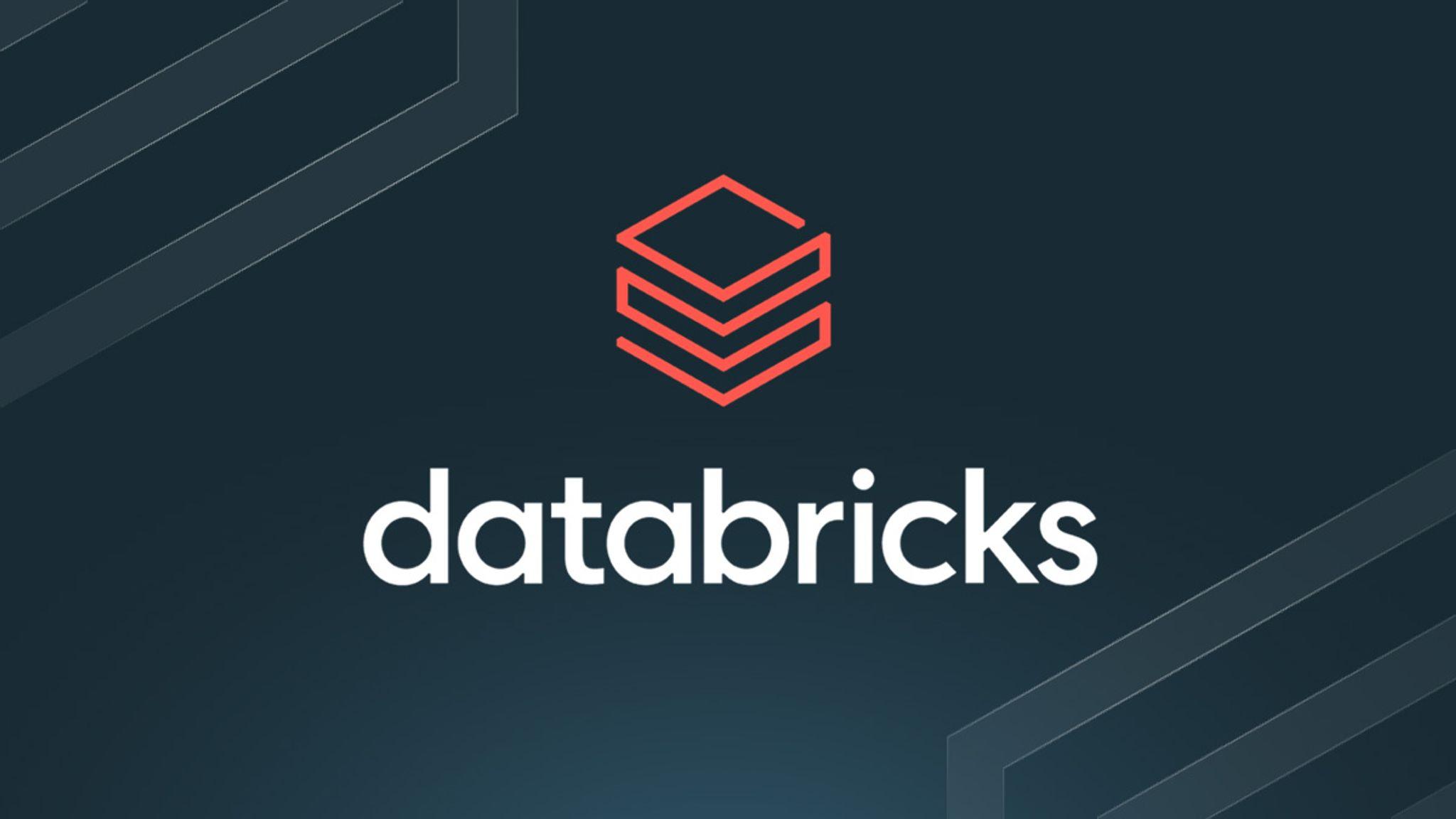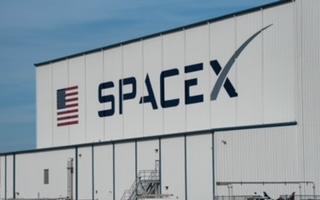
The Future of AI Development: Unleashing Potential Inside the Enterprise
In an era where data is likened to gold, the AI landscape is shifting decisively towards the private domain. The following narrative explores a compelling transformation spun by Arthur Mensch, co-founder and CEO of Mistral AI, Europe's leading artificial intelligence startup, on this revolutionary journey that is reshaping how we think about artificial intelligence development and implementation.
Mistral AI, a Parisian powerhouse, has soared in valuation, doubling to an impressive $14 billion, stoked by a hefty $1.5 billion injection from ASML, a Dutch chip-equipment giant. This surge underscores a strategic pivot towards legacy companies and their proprietary treasure troves of data. With the metaphorical well of public resources running dry, Mistral eyes the vaults of these enterprises as the next frontier in AI model enhancement and development.
As Mensch elucidates, the initial wave of AI development has thrived on public data sources that were readily available and accessible to researchers worldwide. "We've been able to compress human knowledge and make models increase across the board," he asserts with confidence. Yet, the saturation point of publicly available training data looms large, setting the stage for an innovative leap into enterprises where vast amounts of untapped, proprietary data awaits discovery and utilization.
This dynamic shift spotlights Mistral's groundbreaking strategy of embedding its expertise directly within enterprises to unlock their data's hidden potential. This co-creation model not only fine-tunes AI capabilities with real-world context and industry-specific knowledge but also empowers businesses by significantly enhancing their own internal models and processes. ASML, both a supporter and client, exemplifies this synergistic approach, which Mensch believes is absolutely critical in an increasingly crowded and competitive AI landscape.
The strategic partnerships that Mistral is forging represent more than simple data access agreements. By embedding their own solution architects, applied AI engineers, and data scientists within these companies, Mistral is pioneering a collaborative post-training phenomenon that ensures mutual benefit. This approach, known as post-training, is akin to discovering untapped oil reserves in our increasingly data-centric world, where information has become the new currency of innovation.
However, the journey toward AI integration is fraught with significant challenges and potential pitfalls. Mensch paints a vivid picture of what he calls the "curse of AI"—an allure that belies practical limits and realistic expectations. Companies often fall into the dangerous trap of overestimating AI's immediate returns, mistaking what appears to be magic for truly scalable solutions. He warns against simplistic expectations, such as deploying chatbots indiscriminately across organizations, which seldom yield substantial or measurable business outcomes.
The CEO further emphasizes the importance of this cooperative approach, noting that while high-tech firms and select financial institutions might possess the resources and expertise to stand alone in their AI initiatives, most traditional enterprises benefit greatly from guided AI integration and professional support. This collaborative strategy represents more than just a business necessity; it's a fundamental game-changer for how companies operate internally and structure their operations.
Revolutionizing AI within enterprises, as Mensch convincingly argues, calls for a seismic shift in organizational structures and traditional management hierarchies. It requires embracing a new paradigm where information flows with unprecedented fluidity throughout the organization, potentially diminishing the need for multiple layers of middle management and traditional gatekeepers of information access.
As AI systems become more deeply integrated into business operations, organizations might witness a dramatic evolution in their very architectural foundations. With AI streamlining information flow and democratizing access to insights, the role of middle managers could fundamentally diminish, altering the chain of command and decision-making processes within companies. This revelation suggests a leaner, more agile corporate structure, where AI facilitates direct access to critical business insights, potentially reducing the layers between frontline workers and upper management.
The transformative impact of adopting AI within traditional organizational frameworks extends far beyond simple efficiency gains. As AI facilitates smoother data flow and more intelligent decision-making processes, companies might find themselves naturally streamlining operations and reimagining their entire approach to business management and strategic planning.
Mensch imparts a sage reminder that deploying AI responsibly and effectively demands a comprehensive reassessment of corporate strategies and a careful avoidance of superficial gains that look impressive but lack substance. It's a clarion call to action for companies to thoughtfully align their AI expectations with pragmatic, well-planned implementations that deliver real value.
The future of AI, according to Mensch's vision, is fundamentally entangled with deep enterprise collaboration and partnership. "This is a pattern that we've seen with many of our customers: At some point, the capabilities of the frontier model can only be increased if we partner," he states with conviction. Like modern pioneers charting previously unexplored territories, Mistral and its growing network of collaborators are navigating the unknown, illuminating clear paths for others embarking on the AI transformation journey.
This narrative crafted by Mistral represents a fascinating evolution toward co-creation, illustrating a promising future where companies not only adapt to AI technologies but actively participate in shaping them by refining models with their own unique proprietary data. The next wave of AI innovation lies not merely in developing more sophisticated algorithms, but in unlocking and leveraging the rich veins of data possessed by enterprises worldwide. This paradigm shift could fundamentally redefine the entire landscape of artificial intelligence, signifying both an unprecedented challenge and an extraordinary opportunity for forward-thinking companies willing to embrace this transformative journey toward intelligent automation and data-driven decision making.





